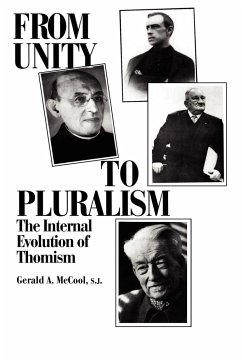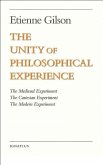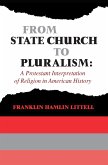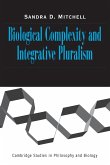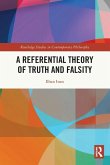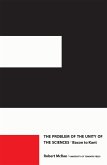Through an in-depth study of four key figures - Pierre Rousselot, Joseph Marechal, Jacques Maritain, and Etienne Gilson - From Unity to Pluralism traces the evolution of Thomism in the first half of the twentieth century. Through their work, Thomisism encountered contemporary thought and rediscovered its authentic roots, and the ideal of a univocal, unitary doctrine of Scholastic truth embodied in the unambiguous teachings of Thomas Aquinas, which had inspired the Thomist revival at the end of the nineteenth century, gradually gave way. The result is the emergence of pluralism within the system itself and the independent development of the theologies of Karl Rahner and Bernard Lonergan.
Hinweis: Dieser Artikel kann nur an eine deutsche Lieferadresse ausgeliefert werden.
Hinweis: Dieser Artikel kann nur an eine deutsche Lieferadresse ausgeliefert werden.

